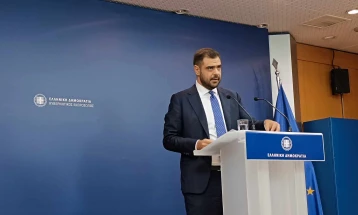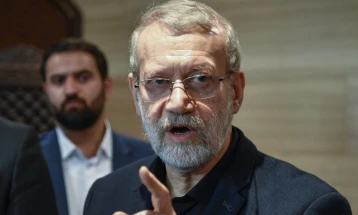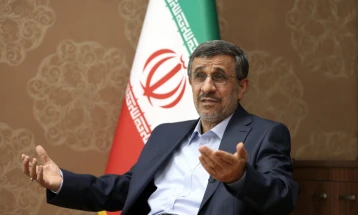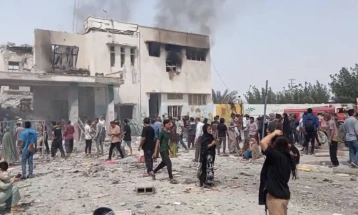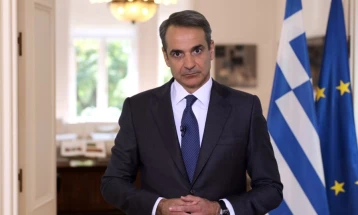EU Commission on energy prices: Targeted measures to help the poor
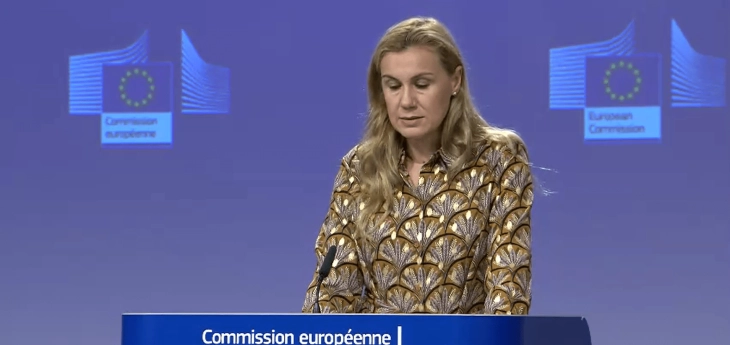
Zagreb, 13 October 2021 (Hina/MIA) - Due to increasing energy prices, member states should give priority to targeted measures to help poor households and small businesses, including support for payment of bills, temporary deferrals of bills, and temporary reductions of taxes and excises, the European Commission said on Wednesday.
The European Commission released a communication on energy prices listing a set of tools that EU member states can use to relieve the impact of current energy price increases on the population and economy.
Short-term measures have to be temporary and in accordance with European regulations regarding state aid. Medium-term measures at the EU level to stabilise energy prices could be reflected in joint gas procurement and stocks.
"As we emerge from the pandemic and begin our economic recovery, it is important to protect vulnerable consumers and support European companies," Energy Commissioner Kadri Simson said.
Some of the tools to protect consumers and businesses include emergency support for energy-poor consumers, for example through vouchers or partial bill payments, which can be supported with EU ETS revenues; authorising temporary deferrals of bill payments; putting in place safeguards to avoid disconnections from the grid; providing temporary, targeted reductions in taxation rates for vulnerable households; providing aid to companies or industries, in line with EU state aid rules.
As far as medium-term measures are concerned, the Commission noted that the best guarantee to stabilise prices was to invest in clean, green energy.
The increase in energy prices in particular impacts low-income households because a large portion of their modest earnings is spent on energy. According to the EC's data, 7% of the EU population (31 million) could not even temporarily heat their homes in 2019 and more than 6% have debts in energy bills.
The Commission believes that the current price hike is probably temporary. wholesale prices are expected to remain high during the winter and should start falling as of April next year. Nevertheless, prices are most likely to remain higher than the average over the past few years.
The Commission believes that the sharp spike in energy prices is mostly driven by economic recovery from the coronavirus pandemic, which has resulted in increased demand while on the other hand supplies have decreased. The second reason can be attributed to weather conditions as a very cold winter and hot and dry summer led to increased energy consumption.
Increased energy prices are affecting European and global supply chains, which in turning is affecting production, employment and prices. The manufacturing sector has in particular been affected because it uses large amounts of energy.
Increased gas and electricity prices are also affecting industry and SMEs. The hardest hit is the manufacturing industry while the impact on the services sector has been somewhat milder.

